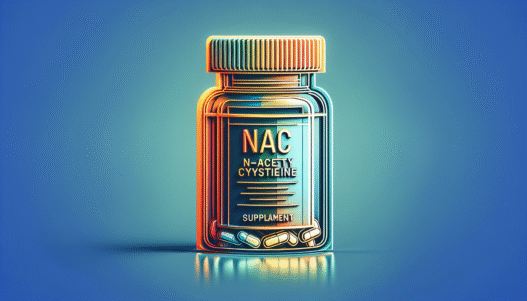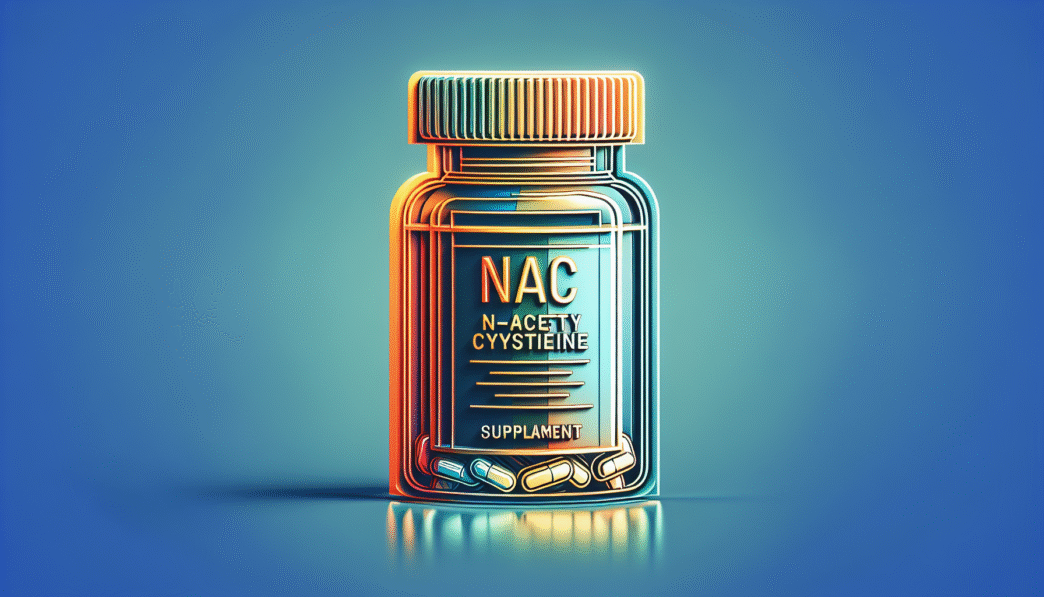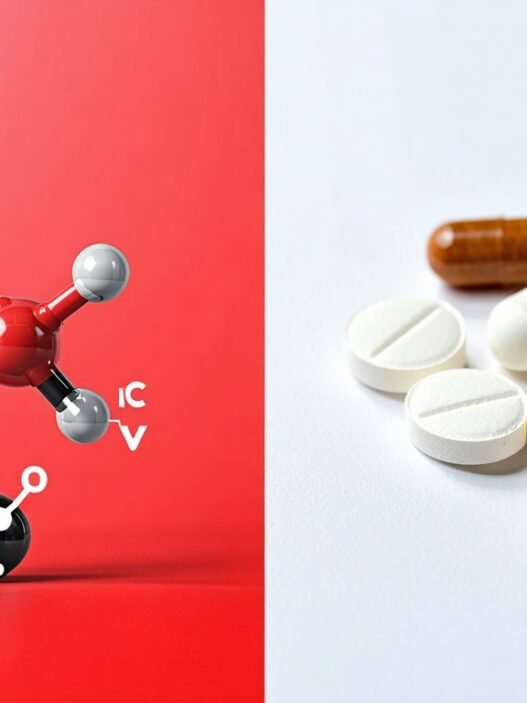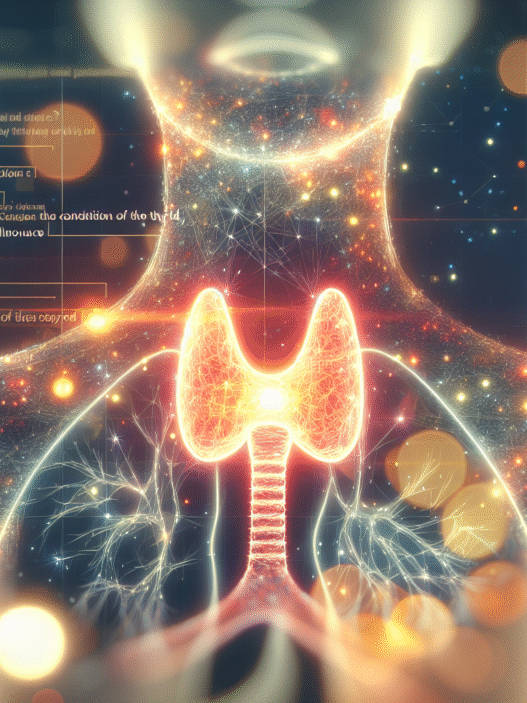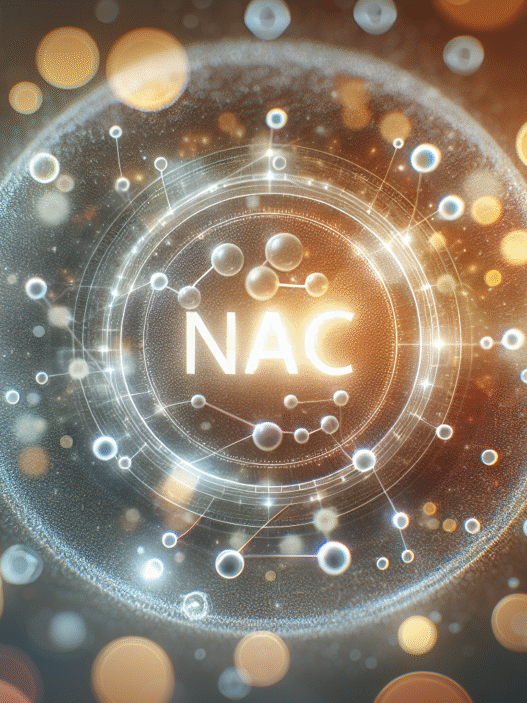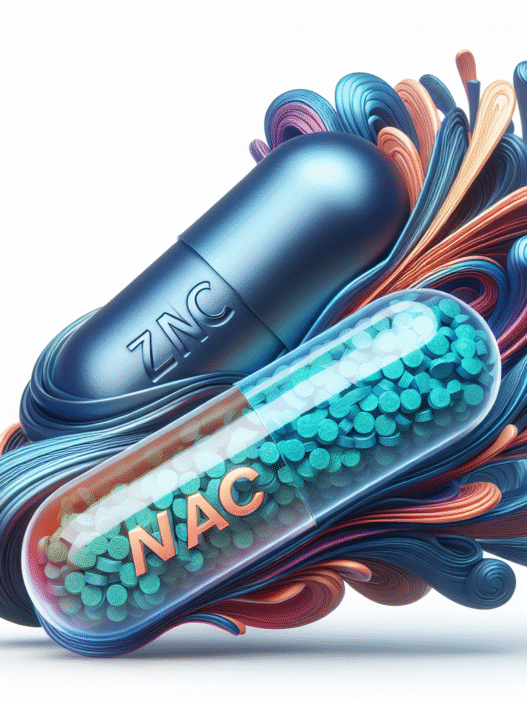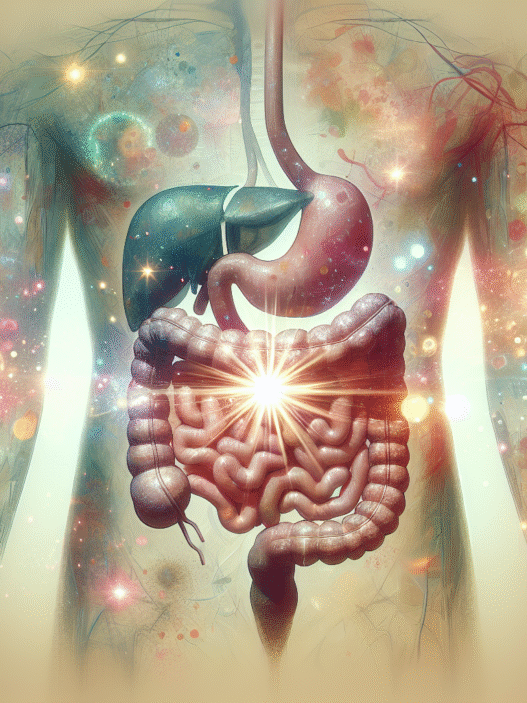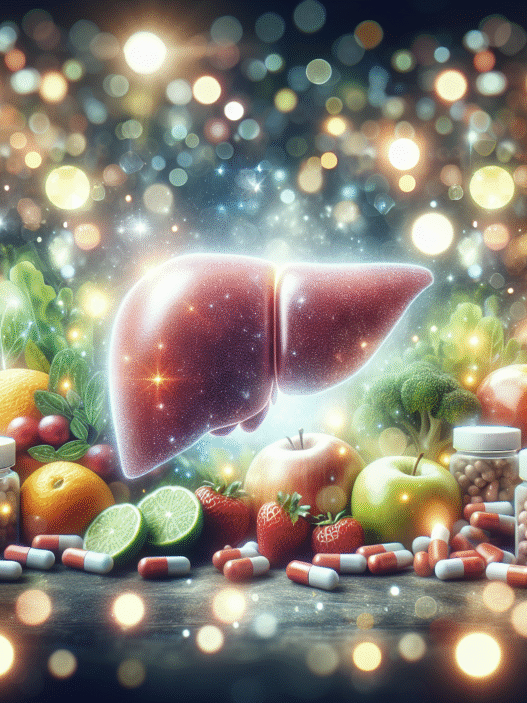Understanding N-Acetyl Cysteine (NAC)
Introduction to NAC
N-Acetyl Cysteine (NAC) is a powerful antioxidant and a derivative of the amino acid cysteine. It is known for its ability to replenish glutathione levels—one of the body’s most important antioxidants. This compound is gaining attention in the health world, particularly for its potential benefits in skin health and anti-aging. With its unique properties, NAC helps combat oxidative stress and may contribute to overall wellness.
People concerned about liver health or seeking detoxification options often consider NAC supplements as they support various bodily functions. Moreover, NAC is not only vital for liver health but also plays a significant role in improving skin conditions and promoting a youthful appearance. For more information on the benefits of NAC, visit our article on n-acetyl cysteine benefits.
Mechanism of Action
The mechanisms through which NAC promotes skin health are multi-faceted. Primarily, NAC works by:
-
Antioxidant Action: NAC’s role as a precursor to glutathione allows it to neutralize free radicals, reducing oxidative damage to cells. This can significantly contribute to skin health and help diminish the signs of aging.
-
Wound Healing: NAC has been studied for its positive effects on wound healing. Research indicates that NAC can increase wound healing rates, fibrosis, and angiogenesis, as well as improve vascular endothelial growth factor expression and wound-breaking strength in both diabetic and nondiabetic mice (PubMed Central).
-
Reducing Inflammation: NAC has anti-inflammatory properties that can help alleviate various skin conditions. By reducing inflammation, NAC may improve conditions such as acne and other dermatological issues.
-
Cell Proliferation: Evidence suggests that NAC treatment can increase levels of proteins that are responsible for cell proliferation and angiogenesis, supporting skin regeneration and repair. This makes it a valuable supplement for those looking for nac supplement for skin health.
-
Topical Applications: Studies have shown that NAC can be effective in treating various dermatological conditions, including acne vulgaris and dermatitis. This indicates its versatility and potential for various skin applications.
Understanding how NAC functions not only highlights its importance in skin health but also emphasizes its relevance in anti-aging strategies. For more detailed insights into how NAC interacts with skin health, check our related topics such as n-acetyl cysteine for skin and nac for anti-aging.
Potential Benefits of NAC
N-Acetyl Cysteine (NAC) has gained attention for its multiple potential benefits, particularly in skin health and mental health support. These advantages make it a noteworthy supplement for those focused on health and longevity.
Skin Health Benefits
NAC is recognized for its various benefits to skin health. It has been shown to effectively address a number of dermatological conditions including acne vulgaris, lamellar ichthyosis, and dermatitis (The Journal of Clinical and Aesthetic Dermatology). Furthermore, its topical application has been indicated as a promising treatment for conditions like eczema and toxic epidermal necrolysis.
Table summarizing NAC’s skin health-related benefits:
| Condition Treated | Effectiveness |
|---|---|
| Acne Vulgaris | Effective treatment |
| Bullous Morphea | Effective treatment |
| Xeroderma Pigmentosum | Potentially effective |
| Atopic Dermatitis | Potentially effective |
| Excoriation Disorder | Reduces symptoms |
NAC may also play a role in improving skin texture and reducing the signs of aging. Its antioxidant properties promote skin rejuvenation, which is essential for maintaining a youthful appearance. For those interested in enhancing their skin health specifically with NAC, additional reading on n-acetyl cysteine for skin may provide valuable insights.
Mental Health Support
NAC’s potential in supporting mental health is a growing area of research. Studies have indicated that NAC may ease symptoms associated with various mental health conditions such as depression, schizophrenia, and several substance use disorders. It has been noted that NAC can help reduce the cravings associated with substance withdrawal, thereby potentially decreasing relapse rates.
Individuals experiencing conditions such as excoriation disorder, also known as skin-picking disorder, have shown improvements when taking NAC. In one study, participants who ingested 1,200-1,300 milligrams of NAC daily for three months reported a reduction in skin-picking behaviors (WebMD). This suggests that NAC may have benefits that extend beyond physical health, contributing positively to mental well-being.
For more insights on the broader advantages of NAC supplementation, readers are encouraged to check out our article on nac supplement benefits.
Medical Uses of NAC
N-Acetyl Cysteine (NAC) is not only beneficial for skin health but also plays significant roles in respiratory health and liver and kidney support. This section explores these important medical uses of NAC.
Respiratory Health
NAC is recognized for its potential to enhance respiratory function. It acts as a mucolytic agent, meaning it helps break down mucus in the airways, making it easier to breathe. It has been shown to enhance airway response to medications such as salbutamol in patients with mild-to-moderate Chronic Obstructive Pulmonary Disease (COPD).
| Study Focus | Result |
|---|---|
| High doses of NAC (>600 mg/day) | Potentially reduce rates of COPD exacerbations |
| Low doses of NAC (≤600 mg/day) | No significant impacts on lung function or exacerbation rates |
While some clinical trials indicate that higher doses may effectively reduce exacerbation rates in those with chronic diseases, the effectiveness of NAC is still under investigation, as there are mixed results reported across studies (NCBI PMC).
Liver and Kidney Support
NAC is widely recognized for its role in supporting liver and kidney health, primarily due to its ability to detoxify harmful substances. It serves as a precursor to glutathione, one of the body’s most important antioxidants. Glutathione helps neutralize free radicals and reduces oxidative stress in cellular tissues, further supporting the function of organs such as the liver and kidneys.
| Organ | Support Function |
|---|---|
| Liver | Supports detoxification and reduces liver injury from toxins |
| Kidney | Aids in filtration and detoxification processes |
NAC’s detoxifying properties highlight its importance in managing conditions related to liver damage, such as acetaminophen overdose, where NAC is used as a standard treatment. Understanding these benefits ties back to its broader appeal among longevity seekers who prioritize overall health and detoxification.
For more insights into how NAC can benefit skin health and promote longevity, explore our articles on nac supplement for skin health and nac for longevity.
NAC and Disease Prevention
N-Acetyl Cysteine (NAC) has emerged as a versatile compound in the context of disease prevention, particularly concerning inflammatory conditions and cardiovascular health.
Inflammatory Conditions
NAC is noted for its anti-inflammatory properties, making it beneficial in managing various inflammatory conditions. Studies have demonstrated that NAC can reduce inflammatory pathways, which is significant for skin health and may prevent dermatological issues related to inflammation.
Moreover, NAC has been shown to potentially assist in wound healing and provide benefits in photoprotection, showcasing its multifaceted role in enhancing skin health and resilience. The impact of NAC in lowering inflammation is recognized in various medical settings, reinforcing its importance as an essential medication according to the World Health Organization (NCBI PMC).
| Condition | NAC’s Role |
|---|---|
| Cystic Fibrosis | May help lower inflammation and oxidative stress in the lungs (WebMD) |
| Chronic Obstructive Pulmonary Disease (COPD) | Shown to reduce exacerbations, highlighting its potential for respiratory inflammatory conditions (Source) |
| Dermatological Issues | May reduce inflammatory pathways, promoting overall skin health (The Journal of Clinical and Aesthetic Dermatology) |
Cardiovascular Benefits
NAC also promotes cardiovascular health by mitigating oxidative stress and inflammation that contribute to heart disease. The antioxidant properties of NAC help in reducing the risk factors associated with cardiovascular conditions. By maintaining endothelial function and mitigating damage to blood vessels, NAC may play a preventive role in the development of heart disease.
The overall impact of NAC on heart health points toward its multifunctional nature as a supplement. For individuals concerned about longevity and maintaining optimal health, incorporating NAC may provide significant benefits. Furthermore, additional research is ongoing to fully understand its potential in cardiovascular wellness and beyond.
Potential applications of NAC in the context of cardiovascular health can be further explored in our articles on n-acetyl cysteine benefits and nac supplement benefits.
NAC Supplementation
Dosage and Administration
N-Acetyl Cysteine (NAC) can be administered in various ways, depending on individual health needs. It can be taken orally, intravenously, or through inhalation. When taken orally, NAC is rapidly absorbed by the intestines and metabolized by the liver, promoting the synthesis of glutathione (GSH), a crucial antioxidant in the body. Intravenous administration allows for quick delivery of high concentrations, particularly useful in treating conditions such as paracetamol overdose (NCBI PMC).
The common dosage for NAC supplements typically ranges between 600 mg to 1,200 mg per day, divided into two or three doses. However, specific dosages may vary based on health conditions, age, and individual responses.
| Route of Administration | Typical Dosage |
|---|---|
| Oral | 600 mg – 1,200 mg daily |
| Intravenous | High concentrations based on clinical need |
| Inhalation | Varies based on prescribed therapy |
It’s essential to consult a healthcare professional to determine the appropriate dosage for individual needs and to consider potential interactions with other medications.
Potential Side Effects
While NAC supplementation is generally well-tolerated, it can cause some mild adverse effects. Common side effects include:
- Nausea
- Vomiting
- Itching
- Erythema (skin redness)
In rare cases, more severe reactions may occur. Patients with liver conditions or severe renal impairment need to be cautious, as their pharmacokinetics for NAC may differ from healthy individuals (NCBI PMC).
| Side Effects | Frequency |
|---|---|
| Nausea | Common |
| Vomiting | Common |
| Itching | Common |
| Erythema | Common |
Due to individual variations, close monitoring by healthcare professionals is recommended, particularly for those with existing health conditions, such as end-stage renal disease (ESRD) where clearance of NAC is significantly reduced.
For more detailed insights into the benefits and use of NAC, consider exploring our articles on n-acetyl cysteine benefits and nac supplement benefits.
Research and Future Applications
The ongoing research surrounding N-Acetyl Cysteine (NAC) continues to unveil its potential benefits across various health domains. As scientists explore its capabilities, new trends and applications are emerging that underscore its significance in health and beauty.
Ongoing Studies
Current investigations are examining the efficacy of NAC in preventing contrast-induced nephropathy, particularly in patients with chronic renal insufficiency undergoing cardiac catheterization. However, additional benefits related to NAC in this context have yet to be revealed. This highlights the need for further research to solidify its role in renal health.
Emerging Trends
N-Acetyl Cysteine has shown promise in treating various dermatological disorders. Research indicates its effectiveness in conditions such as trichotillomania, acne vulgaris, bullous morphea, and atopic dermatitis. In these cases, NAC not only aids in therapeutic effects but also promotes wound healing and offers photoprotection. The compound’s ability to reduce inflammation and counteract oxidative stress contributes significantly to its applications in these areas.
In terms of respiratory health, the role of NAC in chronic diseases like Chronic Obstructive Pulmonary Disease (COPD) is under scrutiny. Some trials suggest that high doses (greater than 600 mg/day) of NAC may help reduce exacerbation rates, while other studies reveal that low doses (600 mg/day or less) show no significant impact on lung function or exacerbation frequency (NCBI PMC).
Additionally, in patients with severe liver injury and end-stage renal disease, the pharmacokinetics of NAC can be considerably altered, resulting in reduced clearance and greater systemic exposure (NCBI PMC). This emphasizes the importance of tailoring NAC supplementation based on individual health conditions.
As research progresses, the exploration of NAC’s implications for skin health continues to be a focal point. For more detailed insights into how NAC supplementation can enhance skin health, consider referring to articles on nac supplement for skin health and n-acetyl cysteine skin rejuvenation. The future of NAC in health and wellness remains promising, with ongoing studies paving the way for expanded applications and benefits.










